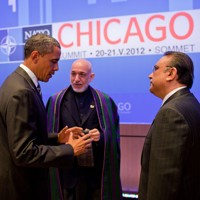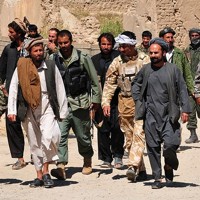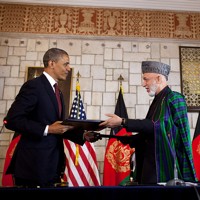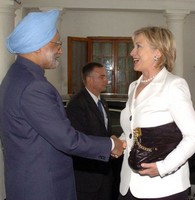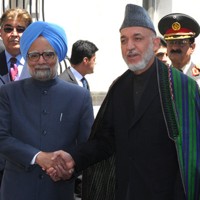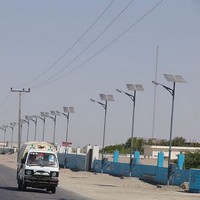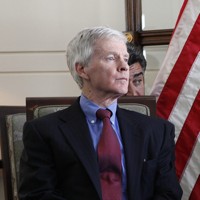
This week, the news broke that Ryan Crocker, arguably the finest U.S. diplomat of his generation, was resigning from his post as the U.S. ambassador to Afghanistan. Crocker, who came out of retirement to serve as ambassador in Kabul, will be stepping down this summer, a year earlier than scheduled. The news is a blow to U.S. efforts to surround the military strategy in Afghanistan with a diplomatic framework to stabilize the country. As such, it is the latest setback in a war that has been a humbling experience for both the United States and its Western allies. The most […]

